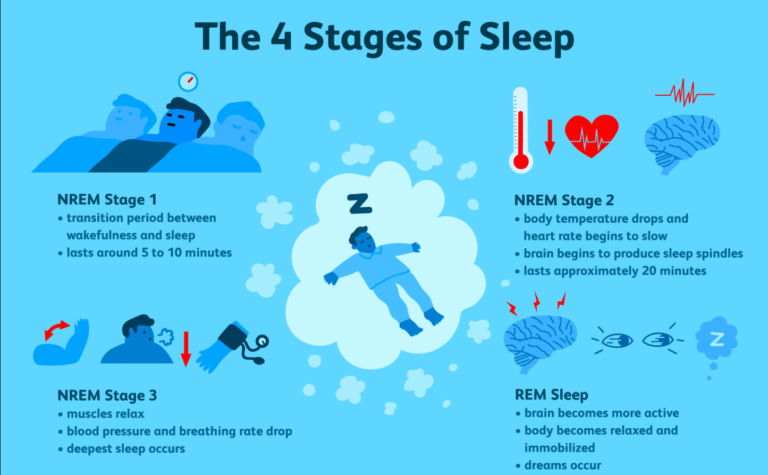Relation between Social science and Political Theory

Social science and political theory are both significant sociologies that mean to figure out human way of behaving and society. However the two of them concentrate on comparative points, they do as such in various ways and with various core interests. This article takes a gander at how these two fields are associated, how they vary, and why their relationship is significant in grasping our general surroundings.
I. Social Science V Political Science
Social science is the investigation of society and human connections. It centers around how gatherings, foundations, and cycles influence human way of behaving. Sociologists take a gander at both limited scope social communications (like how individuals act in a gathering) and huge scope cultural issues (like how whole social orders develop over the long run). A few vital subjects in social science include:
Social design: The examples of connections and foundations that make up society.
Socialization: The method involved with learning the standards, values, and ways of behaving of society.
Culture: The common convictions, practices, and items that characterize a gathering.
Social definition: The positioning of individuals into various degrees of society in light of elements like abundance and power.
Social change: How social orders and societies advance after some time.
Political theory, then again, centers around the investigation of government, legislative issues, and power. It takes a gander at how political frameworks work, how power is worked out, and what political choices mean for individuals lives. A few vital themes in political theory include:
Power: The capacity to impact or control others.
Authority: The perceived right to practice power.
Authenticity: The acknowledgment of political authority by individuals.
A majority rules government: An arrangement of government where individuals have the ability to pick their chiefs.
Political culture: The mentalities and convictions individuals have about legislative issues.
II. Degree and Concentration
While social science and political theory cross-over in certain areas, their centers are unique:
Social science’s Extension:
Takes a gander at a large number of social organizations, similar to family, schooling, religion, and the economy.
Concentrates on both limited scope cooperations (like how individuals converse with one another) and huge scope patterns (like worldwide changes in the public arena).
Investigates casual power structures (like accepted practices) and what they mean for conduct.
Political Theory’s Extension:
Centers all the more barely around political frameworks, organizations, and cycles, like government, races, and policymaking.
Concentrates on formal political designs (like parliaments and courts) and how they profoundly mold society.
Frequently takes a gander at global relations and how various nations collaborate with one another.
III. Strategic Methodologies
Both social science and political theory use research techniques to concentrate on society, yet they center around various methodologies:
Humanistic Techniques:
Subjective techniques: Sociologists frequently use meetings and member perception to figure out friendly conduct top to bottom.
Quantitative strategies: Sociologists use studies and measurements to distinguish designs in enormous populaces.
Blended techniques: Numerous sociologists consolidate the two ways to deal with get a more full image of social issues.
Political Theory Strategies:
Contextual analyses: Political specialists frequently concentrate on unambiguous occasions or political frameworks exhaustively to grasp more extensive political cycles.
Relative examination: Political specialists contrast different political frameworks or nations with perceive how they work.
Quantitative investigation: Like sociologists, political researchers additionally use reviews and measurable examinations to grasp political way of behaving.
IV. Areas of Likenesses and Contrasts
Notwithstanding their disparities, humanism and political theory share a few areas of interest:
Likenesses:
Both review power elements in the public arena, however social science takes a gander at casual power (like normal practices) and political theory centers around formal power (like government structures).
The two fields are worried about friendly disparity, like contrasts in riches, influence, and status, and what these mean for political cooperation.
Both review social developments and how they can prompt social or political change.
The two disciplines take a gander at the effect of globalization, or how interconnected the world is, on various social orders and political frameworks.
Contrasts:
Social science takes a more extensive perspective on society, zeroing in on how all friendly foundations cooperate, while political theory is more centered around political establishments.
Sociologists are in many cases more worried about how social designs impact conduct, while political researchers could zero in additional on individual decisions in legislative issues.
Political theory zeros in additional on formal political cycles like democratic, decisions, and policymaking, while human science takes a gander at how casual social cycles (like culture or normal practices) impact political results.
V. Contemporary Pertinence and Applications
Both social science and political theory are significant for understanding and resolving current social issues:
Humanistic Commitments:
Social science assists with inspecting social disparities in light of elements like race, orientation, and class. This is critical for making arrangements that advance reasonableness and equity.
Sociologists concentrate on informal organizations and local area elements, assisting with building more grounded, stronger social orders, particularly in the midst of emergency (like environmental change or monetary flimsiness).
Sociologists additionally concentrate on how innovation is changing social connections, giving bits of knowledge into the difficulties and chances of the advanced age.
Political Theory Commitments:
Political theory assists with understanding vote based organizations and cycles, which can assist with reinforcing a majority rules system and battle against dictator systems.
Research in worldwide relations and compromise gives policymakers information to advance harmony and participation.
Political specialists concentrate on casting a ballot conduct and general assessment, assisting political up-and-comers and gatherings with bettering draw in with electors.
VI. Insights: Human science versus Political Theory
As far as expert presence and impact, both social science and political theory have their own developing fields. As per the American Humanistic Relationship, there are around 10,000 sociologists in the US, with a rising number of open positions in regions like examination, the scholarly community, and strategy making. Then again, the American Political Theory Affiliation reports that there are around 13,000 political specialists in the U.S. These experts work in government, research associations, think tanks, and scholastic establishments. As friendly and policy driven issues keep on developing worldwide, the two disciplines are seeing growing open positions and expanding interest for their skill.

Conclusion
The connection among social science and political theory is both mind boggling and fundamental. While social science views at society all in all, understanding how various organizations and designs cooperate, political theory centers all the more explicitly around the political cycles that deeply mold social orders. Together, these disciplines offer correlative experiences into human way of behaving and administration, giving us a more extravagant comprehension of the social and political world.
As the two fields keep on developing, their joint effort will assist with handling the mind boggling social and policy centered issues we face in the present quickly impacting world. By consolidating the qualities of both humanism and political theory, we can foster more successful answers for the difficulties within recent memory.





